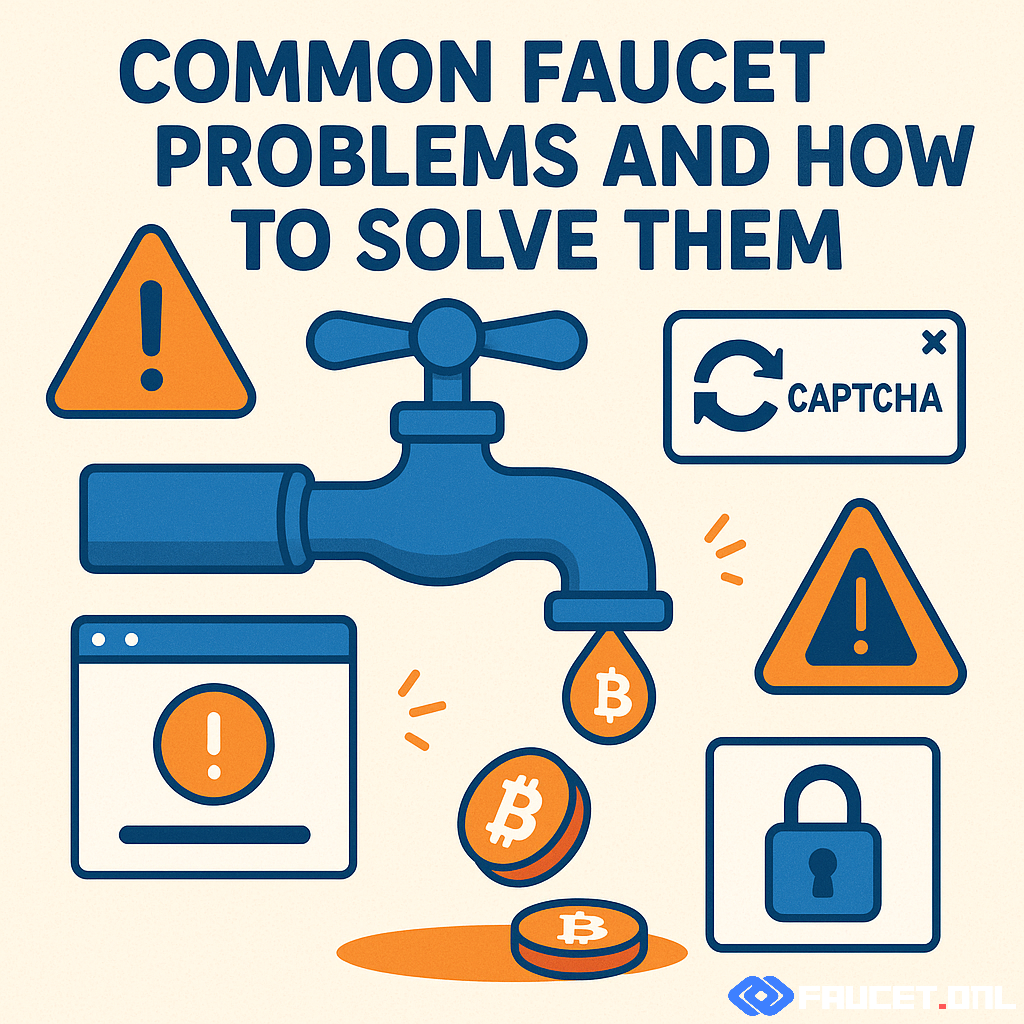Understanding Faucet Scripts: The Basics
A faucet script is a piece of code or automation tool designed to interact with crypto faucet websites automatically, simulating human actions like clicking buttons, solving captchas, and collecting rewards. Scripts are usually written in languages like Python, JavaScript, or use browser extensions and automation frameworks. The main goal is to increase the frequency of claims and reduce the manual effort required by users.
Mechanics: How Faucet Scripts Operate
Faucet scripts operate by automating routine interactions with faucet sites. This can involve mimicking mouse clicks, filling out forms, or bypassing certain security mechanisms such as captchas or timers. Some scripts use headless browsers or integrate with captcha-solving APIs. Advanced versions may rotate IP addresses or use proxies to avoid detection.
Most scripts require configuration for each faucet, as anti-bot systems vary widely. Successful operation often demands ongoing updates as faucet platforms evolve their security.
Red Flags: Risks and Legal Issues
While faucet scripts can seem like a shortcut to higher earnings, they come with significant risks:
- Account Bans: Most faucets explicitly forbid automated claims and use anti-bot technology to detect scripts. Detection typically leads to permanent bans and forfeiture of balances.
- Malware & Backdoors: Downloading scripts from untrusted sources can expose your system to malware, credential theft, or hidden crypto miners.
- Data Leaks: Poorly written or malicious scripts may leak your personal wallet information or login details to third parties.
- Legal Concerns: Automating faucet use may violate site terms of service, and in rare cases could have legal repercussions, especially if scripts are used to exploit or attack services.
Moreover, as faucet operators upgrade their anti-bot systems, users find scripts less effective and more dangerous over time.
Responsible Automation: Best Practices for Cautious Users
For tech-savvy individuals who still wish to experiment with faucet scripts, safety should be the top priority:
- Only use scripts you fully understand and, ideally, those you write yourself or review line by line.
- Run scripts in isolated environments (such as a virtual machine or sandbox) to protect your main device.
- Avoid providing private keys or sensitive credentials to any script—stick to public addresses.
- Stay updated on each faucet’s policy and technical changes; never assume your automation is undetectable.
- Always use reputable VPNs and avoid public Wi-Fi when running scripts, to limit exposure.
Remember: responsible use minimizes risk but cannot eliminate it entirely.
Optimization Tips for Advanced Users
If you proceed, keep these additional technical tips in mind:
- Test scripts on non-critical accounts before running on main wallets.
- Randomize claim intervals and mouse movements to better mimic real behavior.
- Keep scripts up to date with security changes on faucet sites.
- Consider contributing to open-source faucet automation projects for safer, peer-reviewed code.
Ultimately, balancing efficiency, safety, and compliance is key for any automated strategy.



